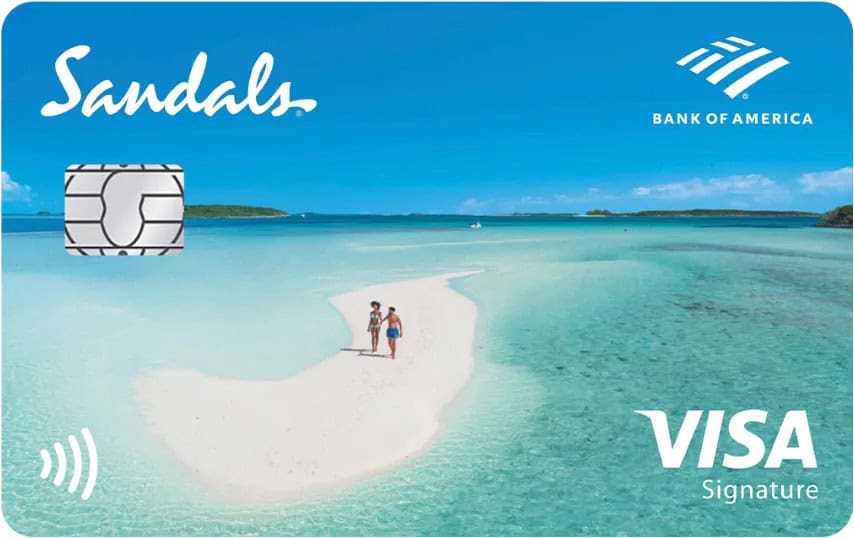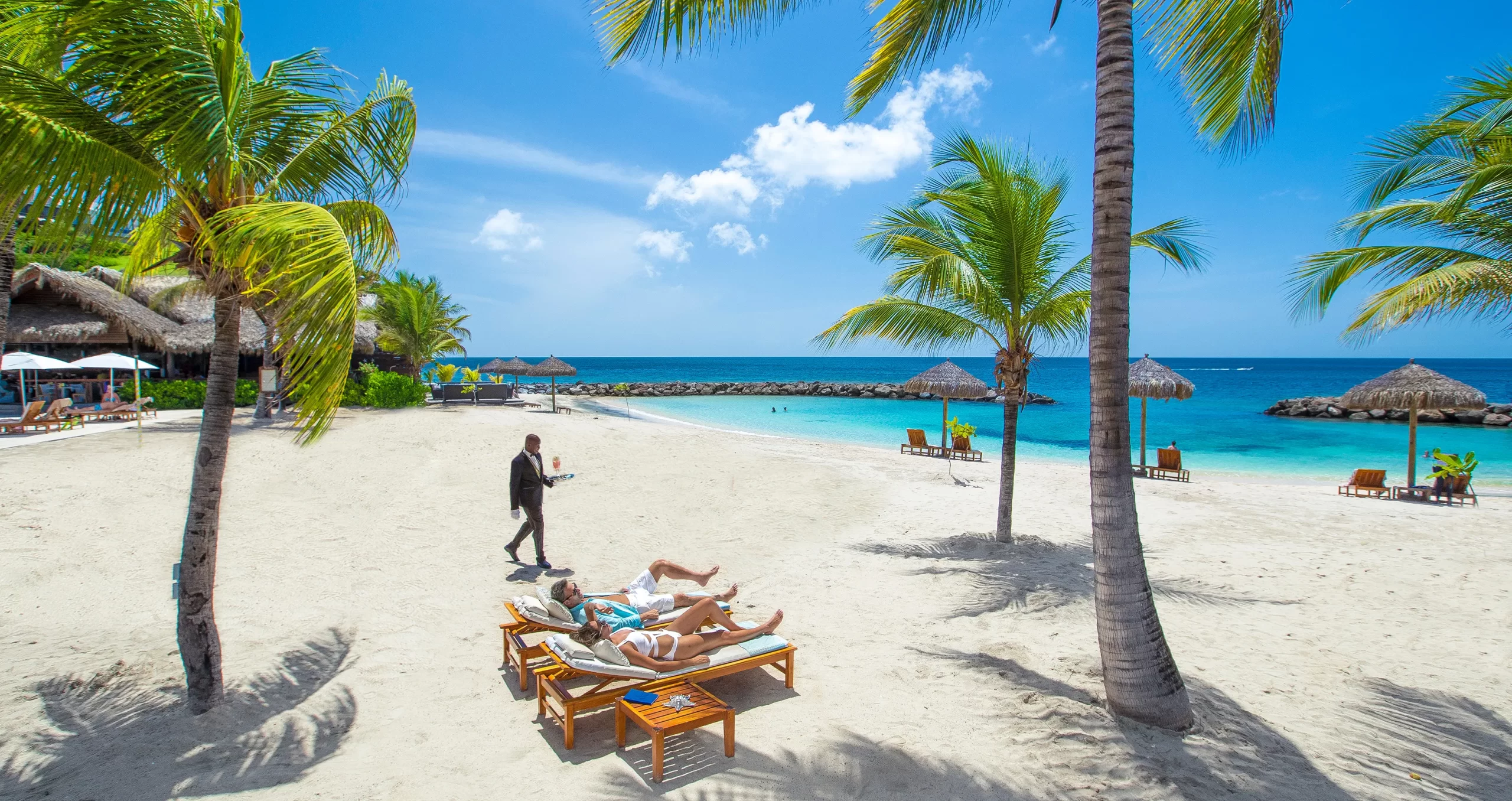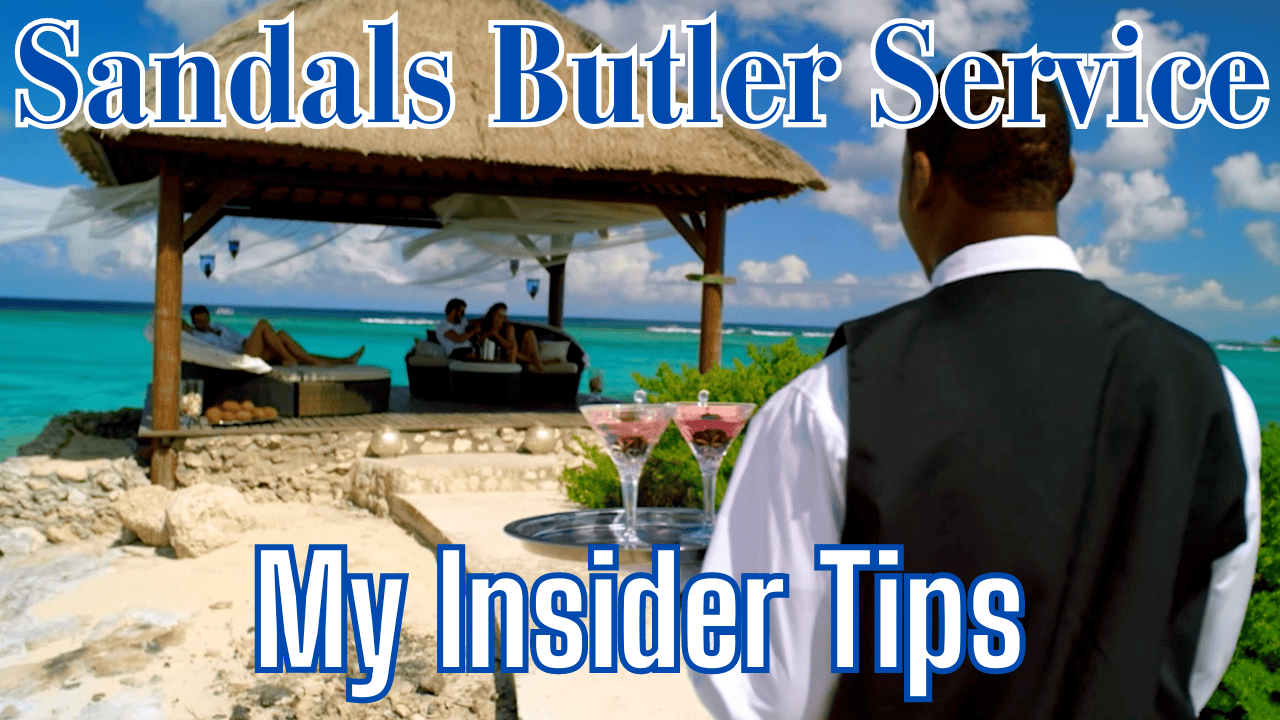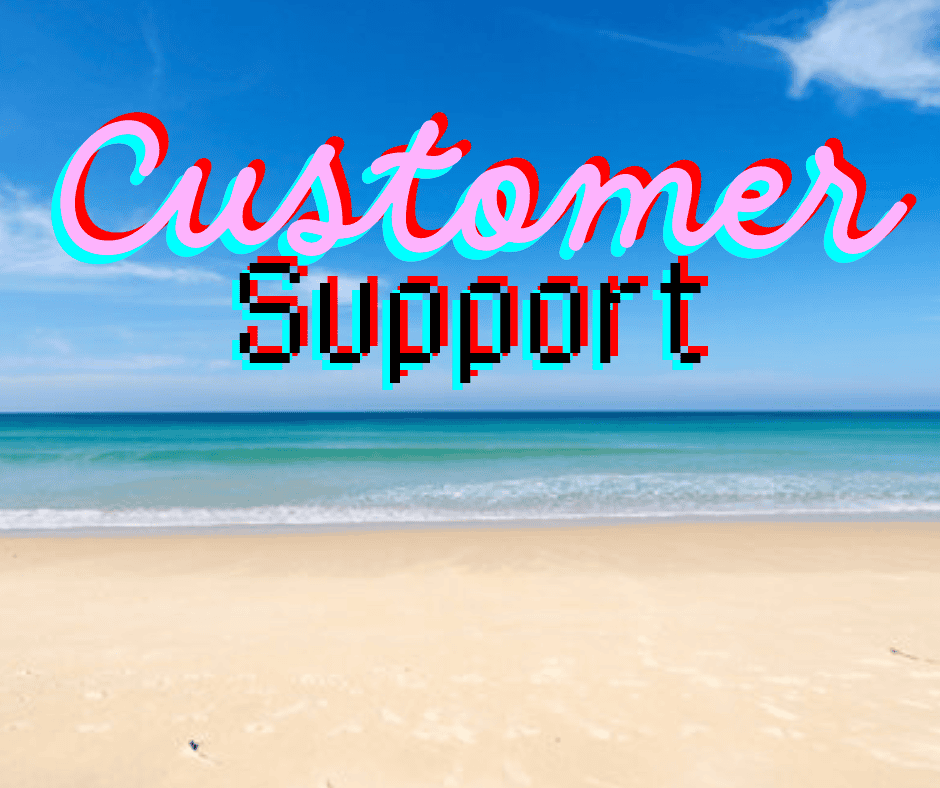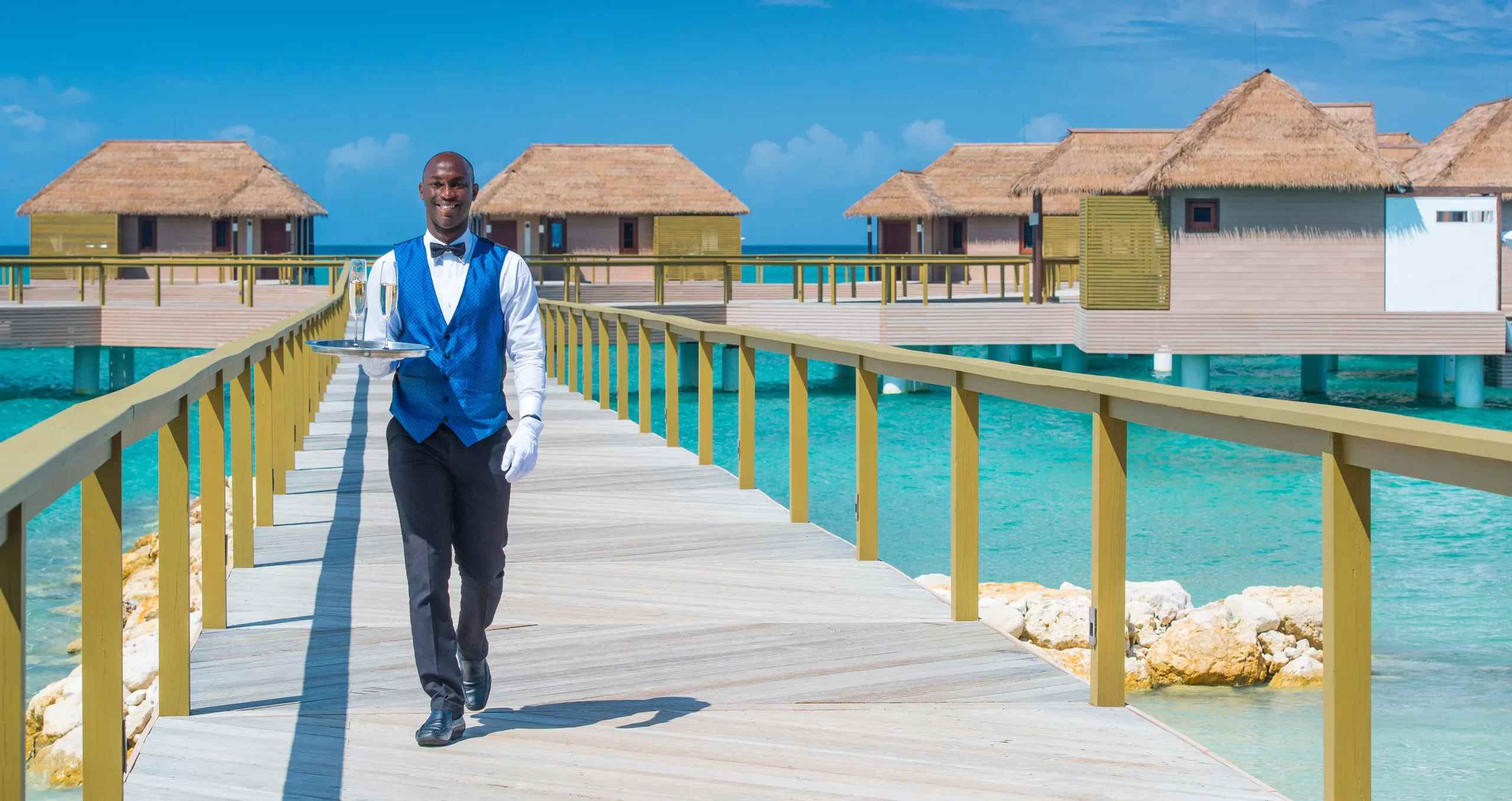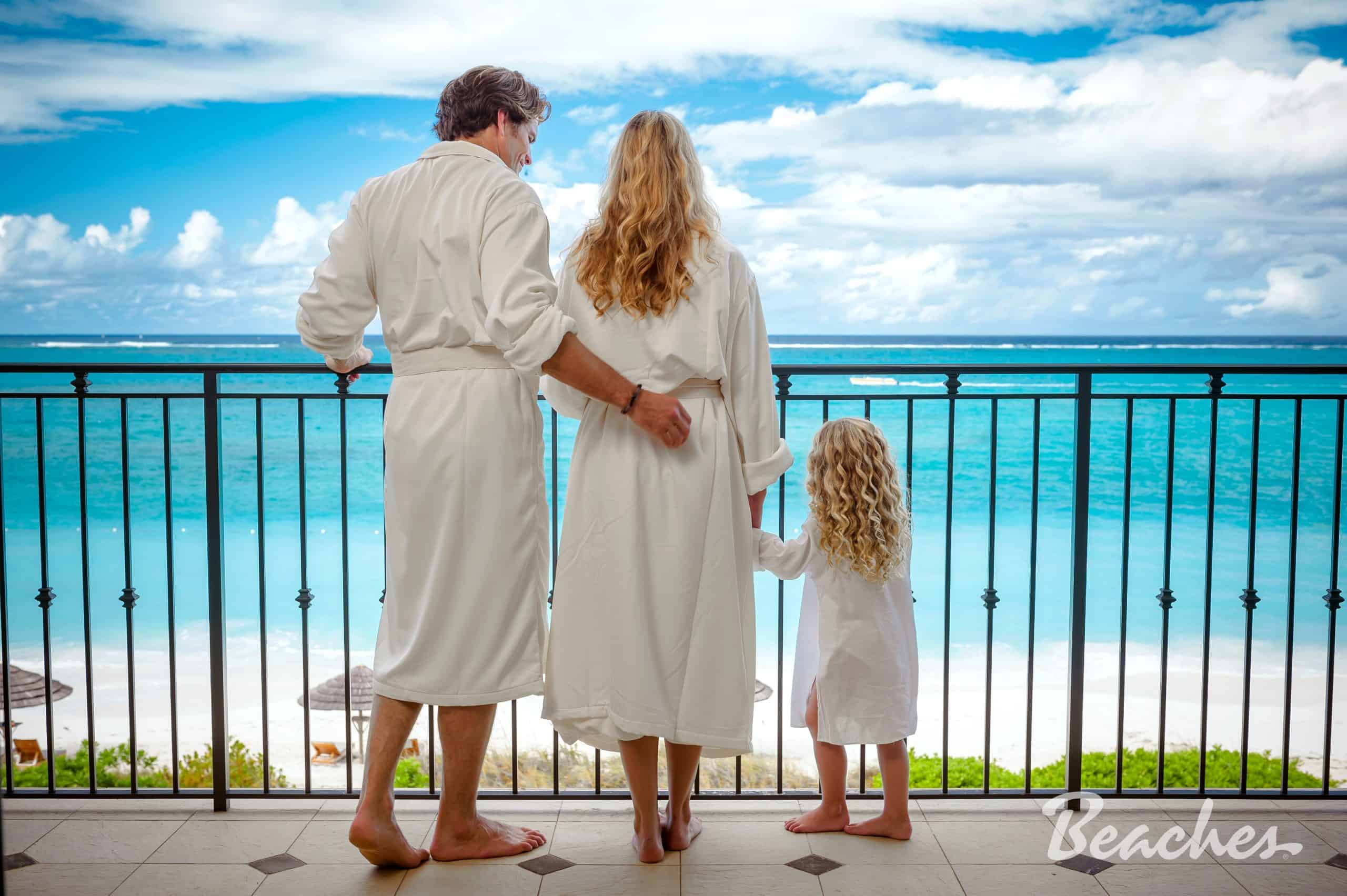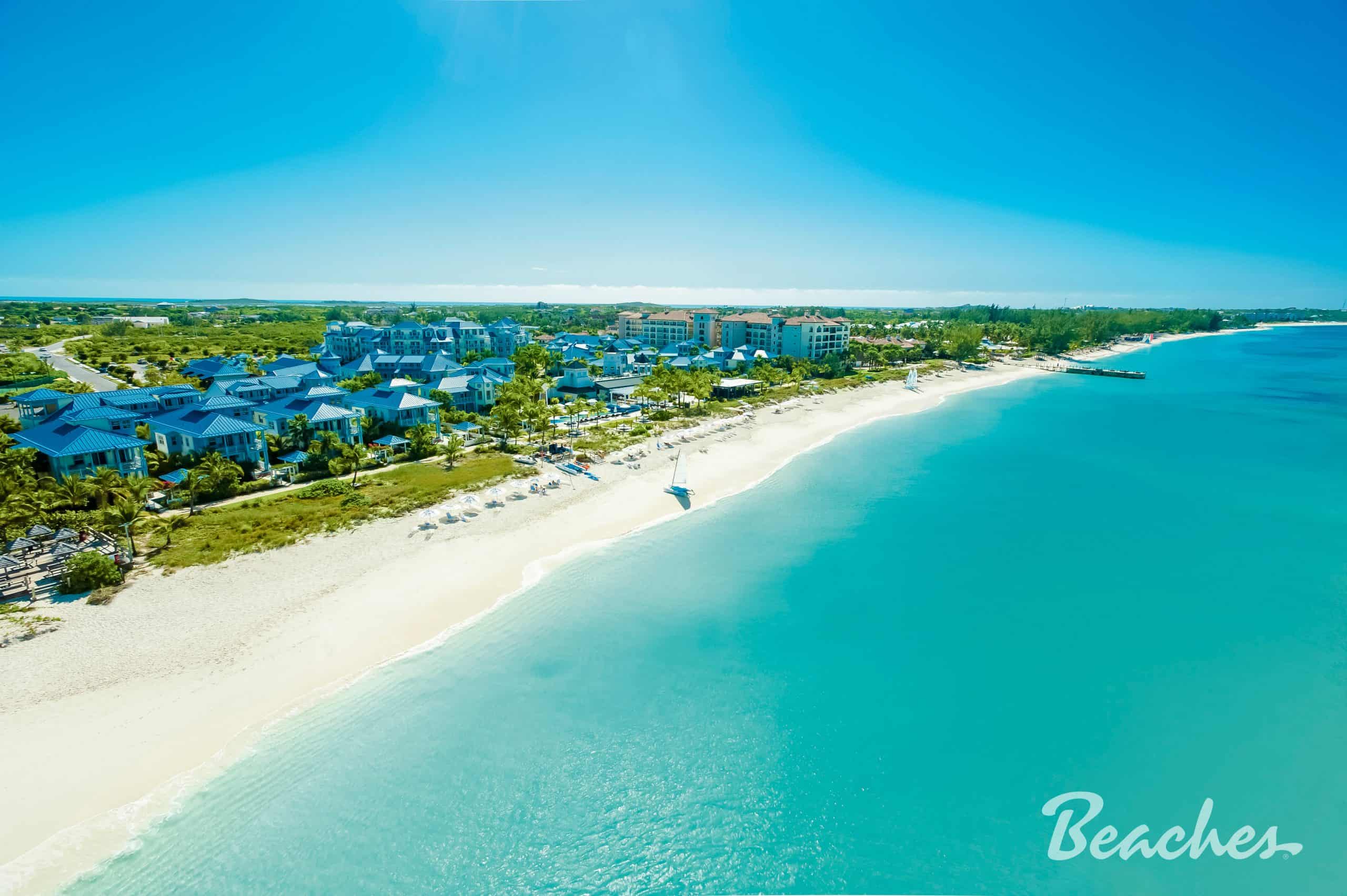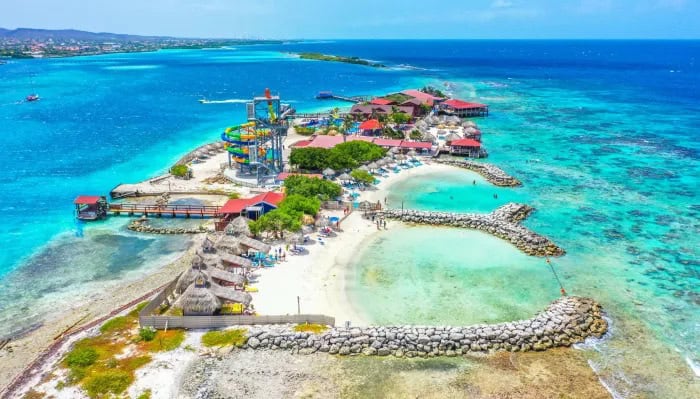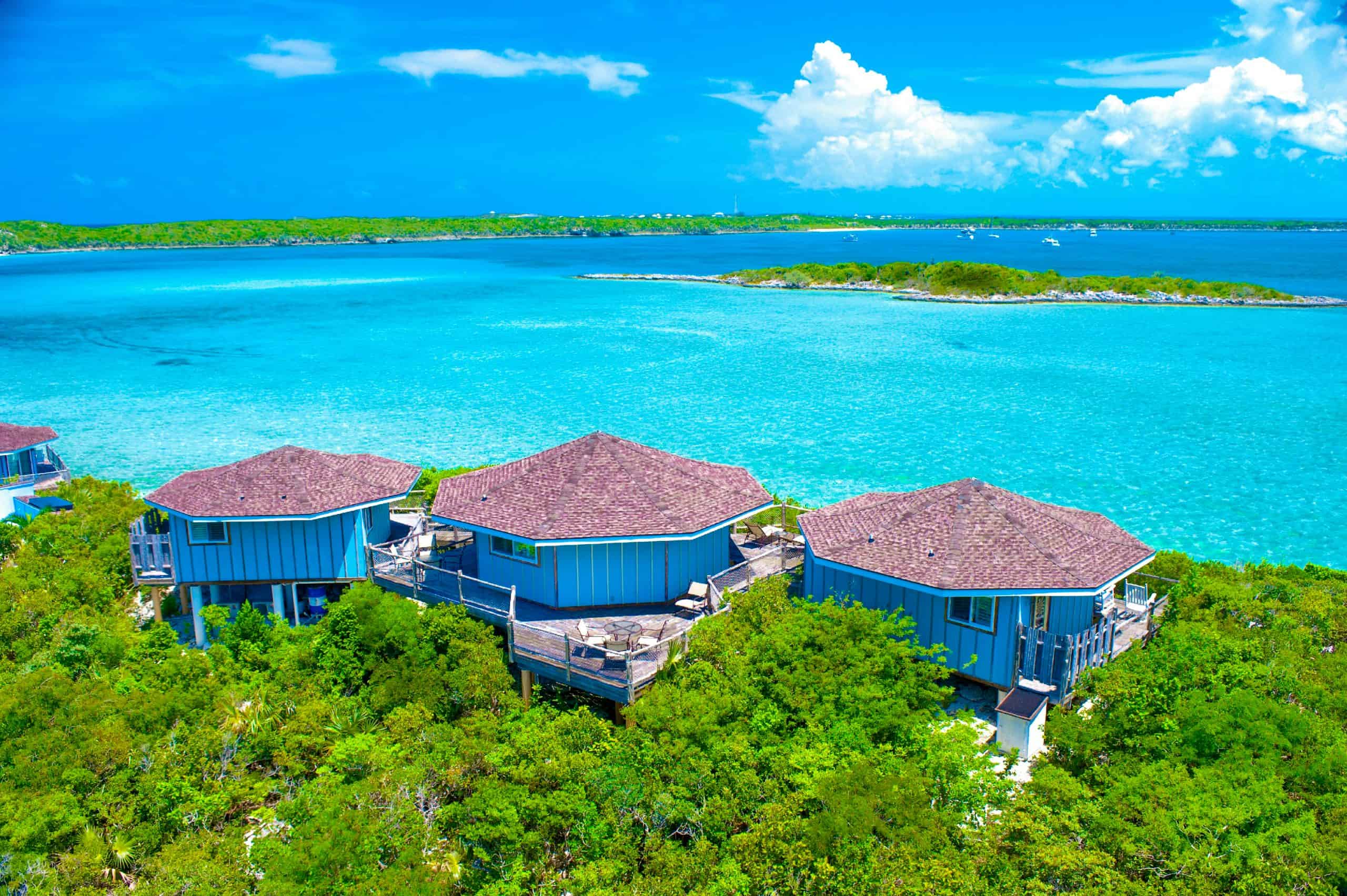This year, the hurricane season starts at the beginning of June and runs through the end of November. If you are traveling to an area at risk for getting hit by a storm, consider these tips before you go to help you stay safe:
- Have all your important documents ready. In a situation where you end of separated from where you want to be, or you need to leave in a hurry, it’s good to have all your legal documents on you. This can include VISAs, birth certificates, passports, custody documents, doctor’s notes for any medications you take, and of course, your airline or train tickets.
- Get insurance. While it can be pricey depending on what is available, getting insurance before you travel could be a very important decision for you later on. Health insurance protects you in case of an accident or if you get sick while traveling. If you don’t already have it, car insurance is also essential in case something happens to your car in a potential storm.
- Check your hotel claims. Some hotels or resorts in particularly storm-prone areas will offer refunds or replacements for items lost in the case of a storm. You might want to look specifically for hotels that offer this, and also double check that they will cover everything that you’ll need.
- Get spare tools and tires. Whether you are renting a car or driving your own, it’s important to have spare tools on hand in case something happens during a potential storm. Before you leave, check your windshield wipers (visibility is crucial in a storm), tire pressure, and oil. Also pack spare tires and tools to fix your car in case of a breakdown (and a manual if you aren’t sure how to fix the problem).
- Have an emergency kit. Packing an emergency kit for a storm on the road is similar to how you would stock up your house for a storm. You’ll want non-perishable food, bottled water, extra medication if you take any, a first-aid kit, and a flashlight. Conde Nast Traveler recommends packing the FRX2 American Red Cross radio. It costs $45 and includes a weather band, AM and FM stations, a built in flashlight, a crank for power outages, and has the capability to charge your phone.
- Keep informed and in touch. In case of an emergency, you’ll want to know what’s going on, and you’ll want your loved ones to know you’re safe. With social media, it’s easy to write a quick status to let everyone know you’re okay in the event of a storm. You’ll also want to listen to radios and TVs if they’re nearby to keep updated, and also follow any emergency protocol the officials of wherever you are will be issuing.
Start Planning Your All-Inclusive Vacation Today!
Get a quote and start planning your All-Inclusive Vacation, Wedding or Honeymoon today.


